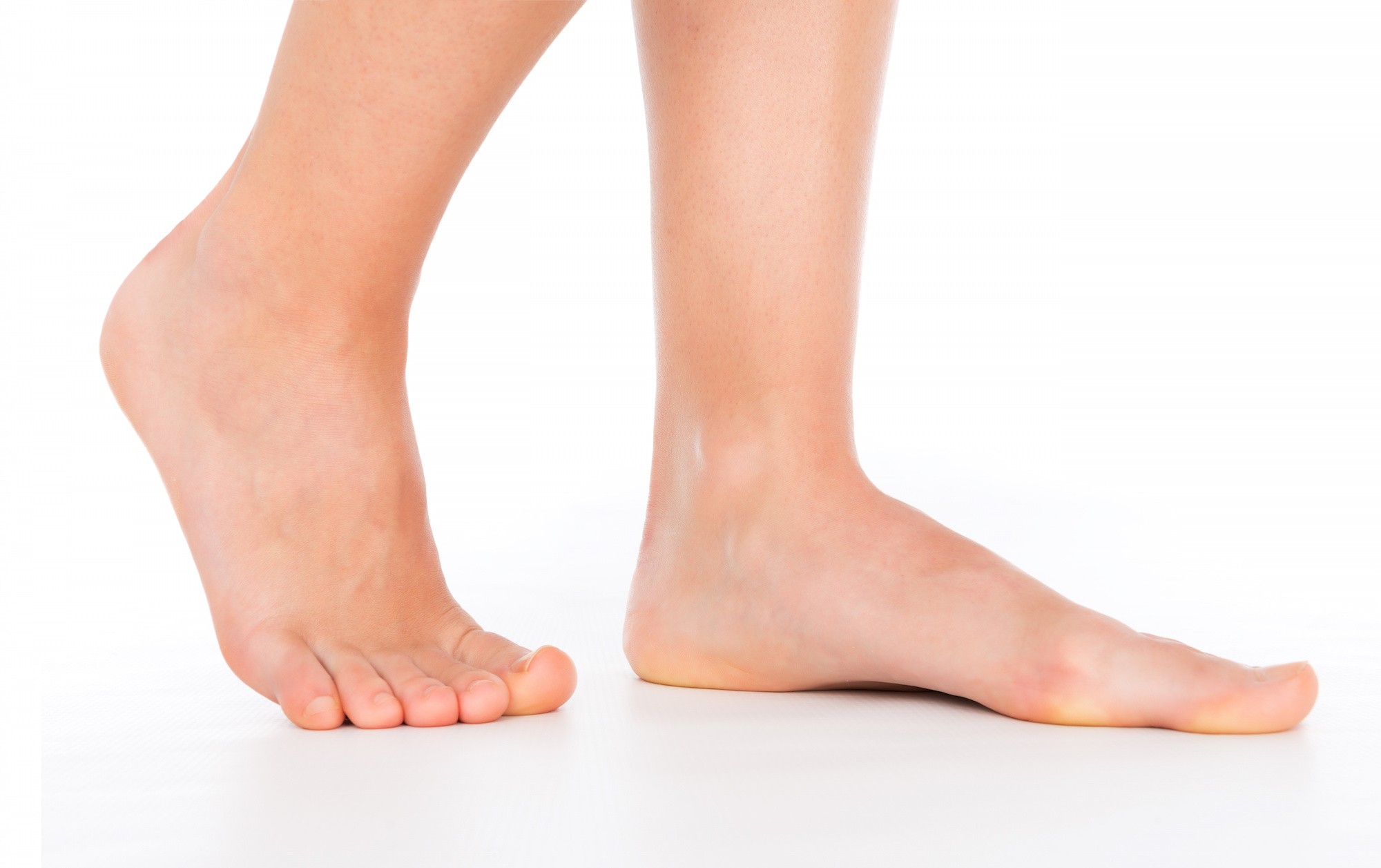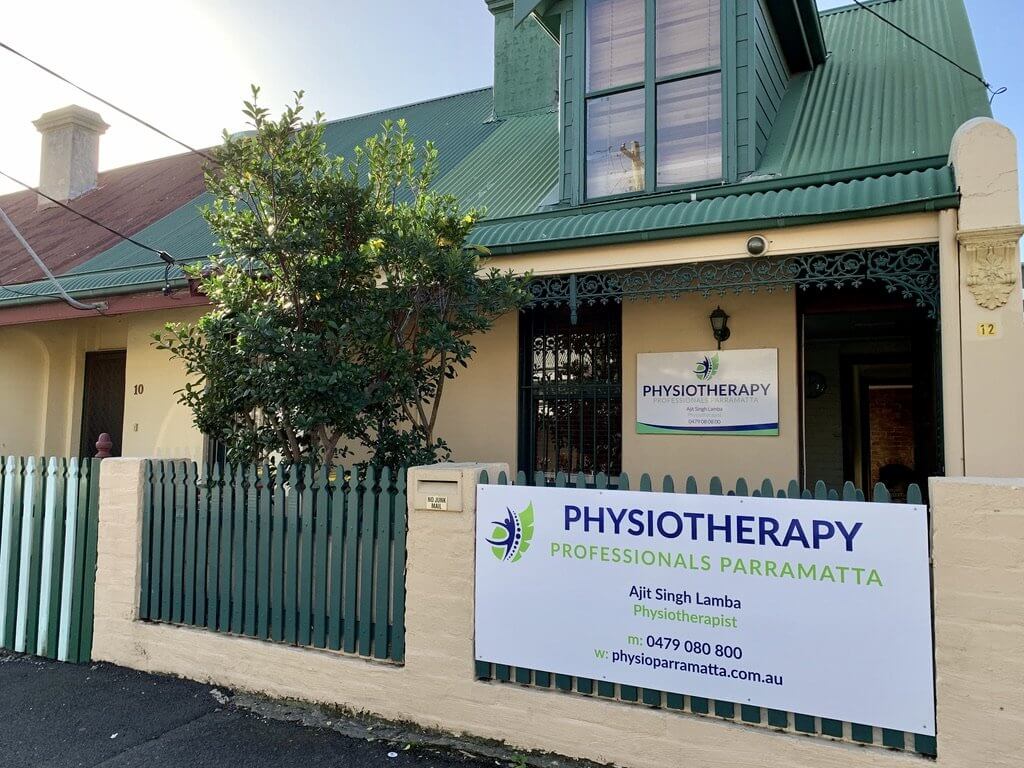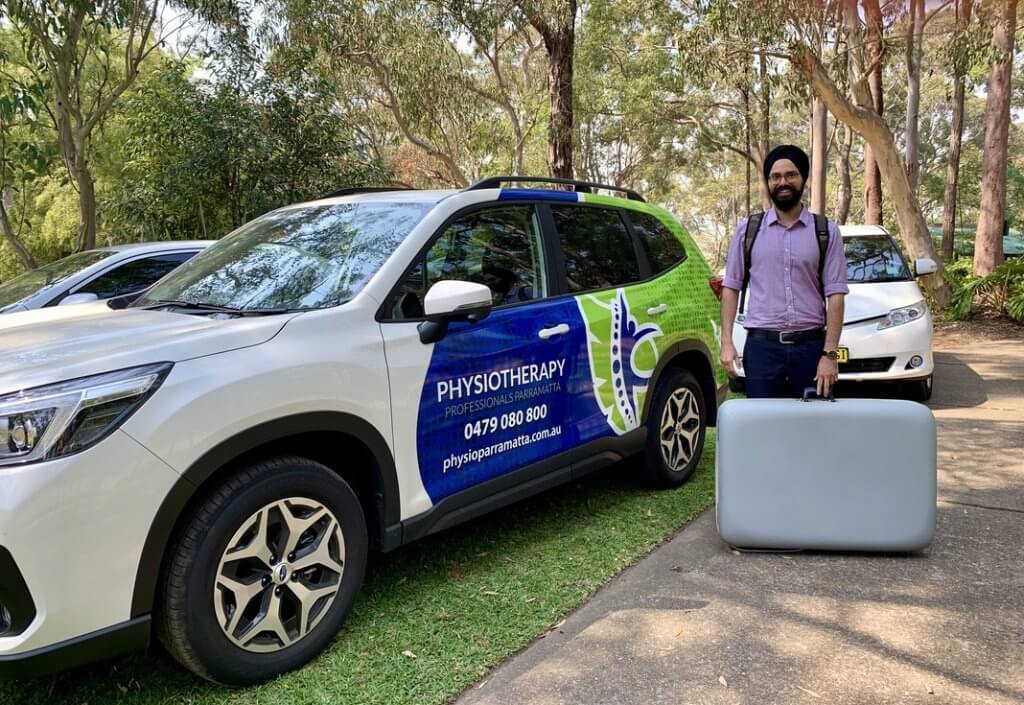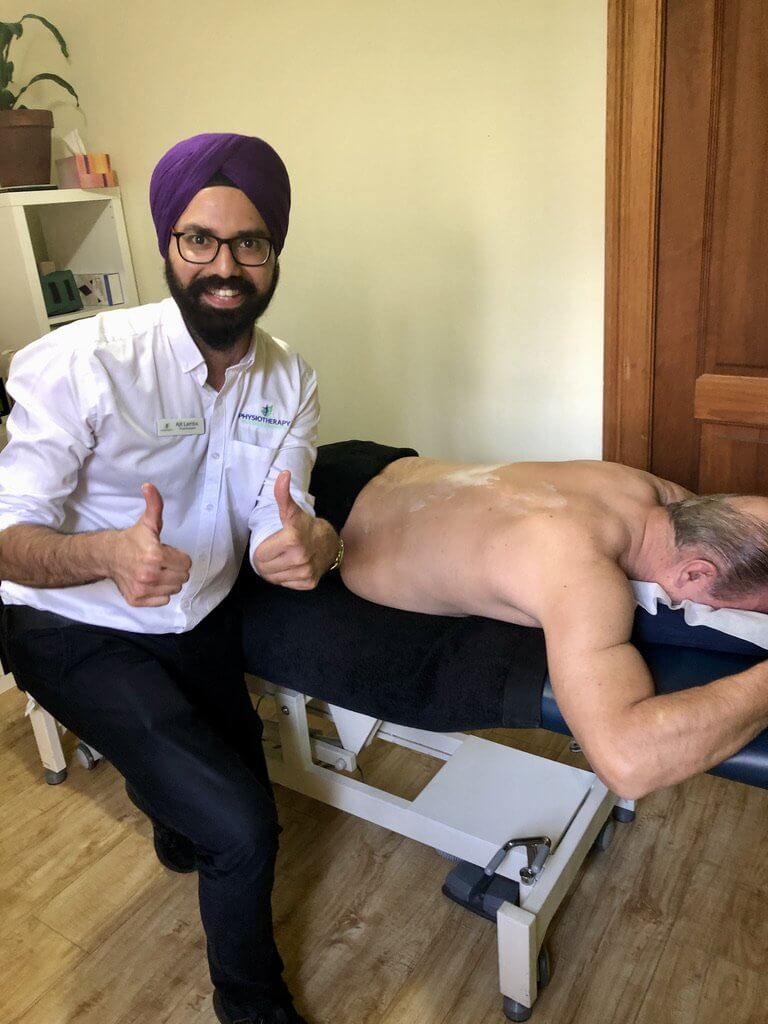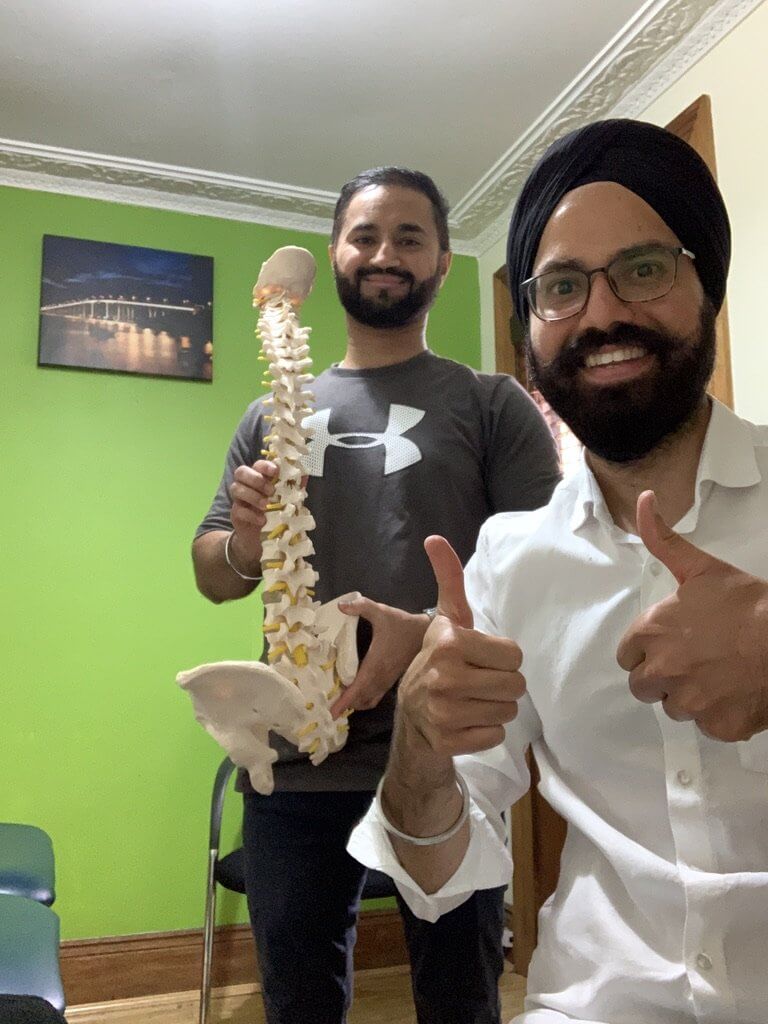Sports injuries in Parramatta are more common than you would think. Thousands of people are diagnosed with a sporting injuries every single year. Rugby, Netball, Cricket, Soccer and Hockey seem to produce the most injuries. The sports that claim the most serious injuries include Boxing and Rock Climbing. Both men and women between the ages of 15 & 29 are almost 3 times as likely to experience an injury that requires medical attention.
Why So Many Injuries?
Common reason behind sports injury include over-training, overusing a particular part of the body, lack of warmup. Fast moving sports that require players to stop suddenly and/or quickly twist around are a common cause of strains and sprains on various parts of the body. Falling or receiving a direct hit to the body are also common causes of more serious injuries.
Common Sports Injuries
The most popular types of sports injuries include bruising, muscle sprains & strains, joint or ligament strains, fractures and dislocations. The areas of the body that are most often injured include the following:
1. Ankle Ankle sprains are very common. The outside ligaments are the areas of the ankle that are damaged most often as the foot is pushed past it’s normal range.
2. Knee Cartilage and ligament tears are common in sports where sudden change in direction or external force is required
3. Elbow Elbow injuries usually involve prolonged and repetitive use of our eblow and wrist joints. Which can result in the development of over use injuries such as tennis elbow or golfer’s elbow.
4. Shoulder Tears to the rotator cuff or shoulder dislocations can occur in the shoulders due to a various reasons.
5. Hamstring This type of injury occurs when the hamstring is over-stretched, resulting in tears to the muscle fibers. Commonly seen in sports which require constant running and sprinting or sudden change in direction
6. Calf Strain Just like most other muscle strains, calf strain occurs when muscles are over-stretched, which can lead to tears in the muscle.
7. Shin Injury or pain in the shin area can be cause due to various pre disposigin factors. Such as worn out or incorrect foot wear, tight calf muscles or flat feet.
Physiotherapy
If you have had a sports injury in Parramatta, seeing a physiotherapist is one of the best ways to get in treated. The best time to see a physiotherapist is during the first 48-72 hours after the injury. Until then be sure to treat your injury using the RICE principles – Rest, Ice, Compression and Elevation.
Contact us today on 0479 080 800 to make a booking. Alternatively you can email us on [email protected]. Our Physiotherapists are Medicare, NDIS, DVA and Work Cover approved, specialising in injury management and rehabilitation to get you back to full function.

